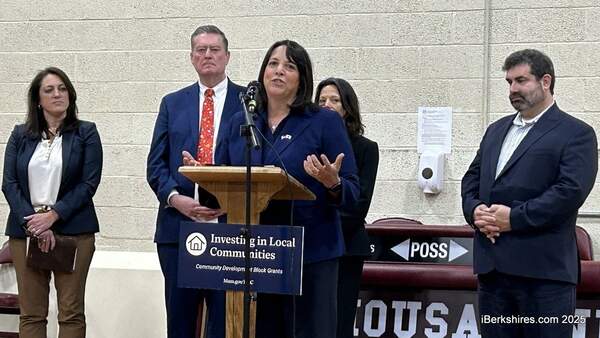Estate Investment Planning is Not Just for the Rich and Famous
If you're like most people, you think estate investment planning is only for the wealthy. The truth is that everyone — regardless of how much money they have — needs an estate investment plan. Here are a few frequently asked questions about estate investment planning, along with the answers that may help you better understand this subject:
What is an estate plan?
An estate investment plan is a program for the management and distribution of your assets upon your death, as well as instructions for handling your affairs should you become unable to do so while you are still alive. Your estate investment plan should include a will and/or a revocable living trust as well as updated beneficiary designations for your 401(k), Individual Retirement Account, savings bonds and life insurance policies. Both a durable power of attorney and a health care power of attorney should also be created. Your financial adviser can help you work out the details of your plan and can also help keep it up to date.
Why do you need an estate investment plan?
An estate investment plan can not only potentially reduce the taxes your heirs must pay on assets they receive from your estate, but can also ensure that your accumulated wealth will go to the individuals that you intend to receive it. In addition, an estate investment plan can help avoid probate proceedings, an often long and expensive process that can open your financial matters to the public.
What is the difference between a will and a revocable living trust?
Basically, a will is a legal document that directs how your assets will be distributed among family members, charities or others upon your death. It is important to update a will periodically to reflect any material or personal changes in your life. A revocable living trust (RLT) is an entity, like a corporation, that holds and owns your assets, while you are alive and continues to hold your assets after your death. Like a will, the RLT directs how your assets will be distributed at your death, but because ownership does not change at your death, it can do so without the expense, delay or publicity of probate court. A revocable living trust gives a trustee the right to make decisions for you if you become incapacitated while a will has no effect until your death.
What is a durable power of attorney?
Whether you create a simple will or a revocable living trust, it is important to have a durable power of attorney. A durable power of attorney is a document that designates a person who can sign on your behalf and handle your financial matters in the event of your incapacity. A durable power of attorney becomes void at death.
Having a basic estate investment plan can help ease stresses on your family, especially during a difficult time. Your financial adviser, with the help of your tax and legal advisers, can help you take necessary steps today to ensure that your wishes are carried out and that you and your loved ones have the peace of mind you would want them to have.
* Wells Fargo Advisors/Wells Fargo Advisors Financial Network is not a legal or tax adviser.
Trust services available through banking and trust affiliates in addition to non-affiliated companies of Wells Fargo Advisors. Wells Fargo Advisors and its affiliates do not provide legal or tax advice. Any estate plan should be reviewed by an attorney who specializes in estate planning and is licensed to practice law in your state.
Investments in securities and insurance products are: Not FDIC-insured/not bank-guaranteed/may lose value
This article was written by Wells Fargo Advisors and provided courtesy of Jonathan Buoni, Financial Advisor, in Springfield, MA at 413-755-1171. Wells Fargo
Advisors LLC, Member SIPC, is a registered broker-dealer and a separate non-bank affiliate of Wells Fargo & Company. ©2013 Wells Fargo Advisors LLC. All rights reserved.

















